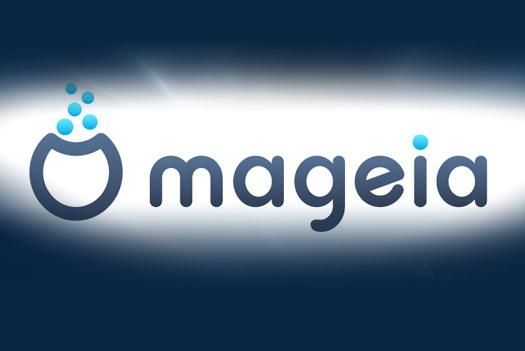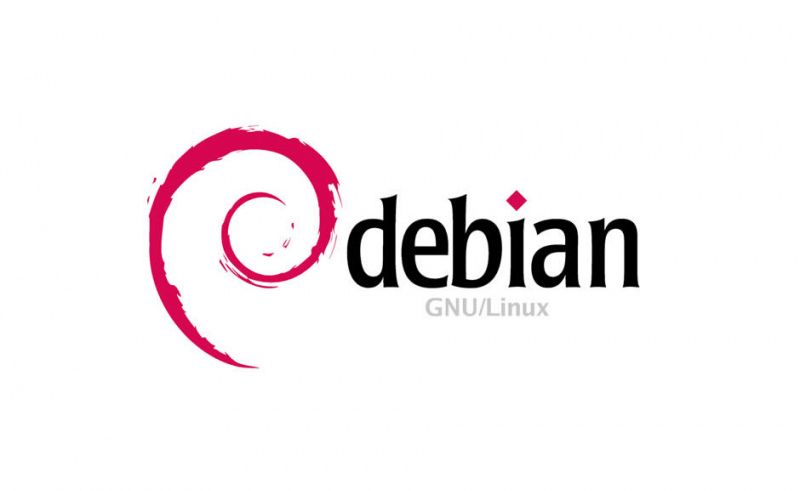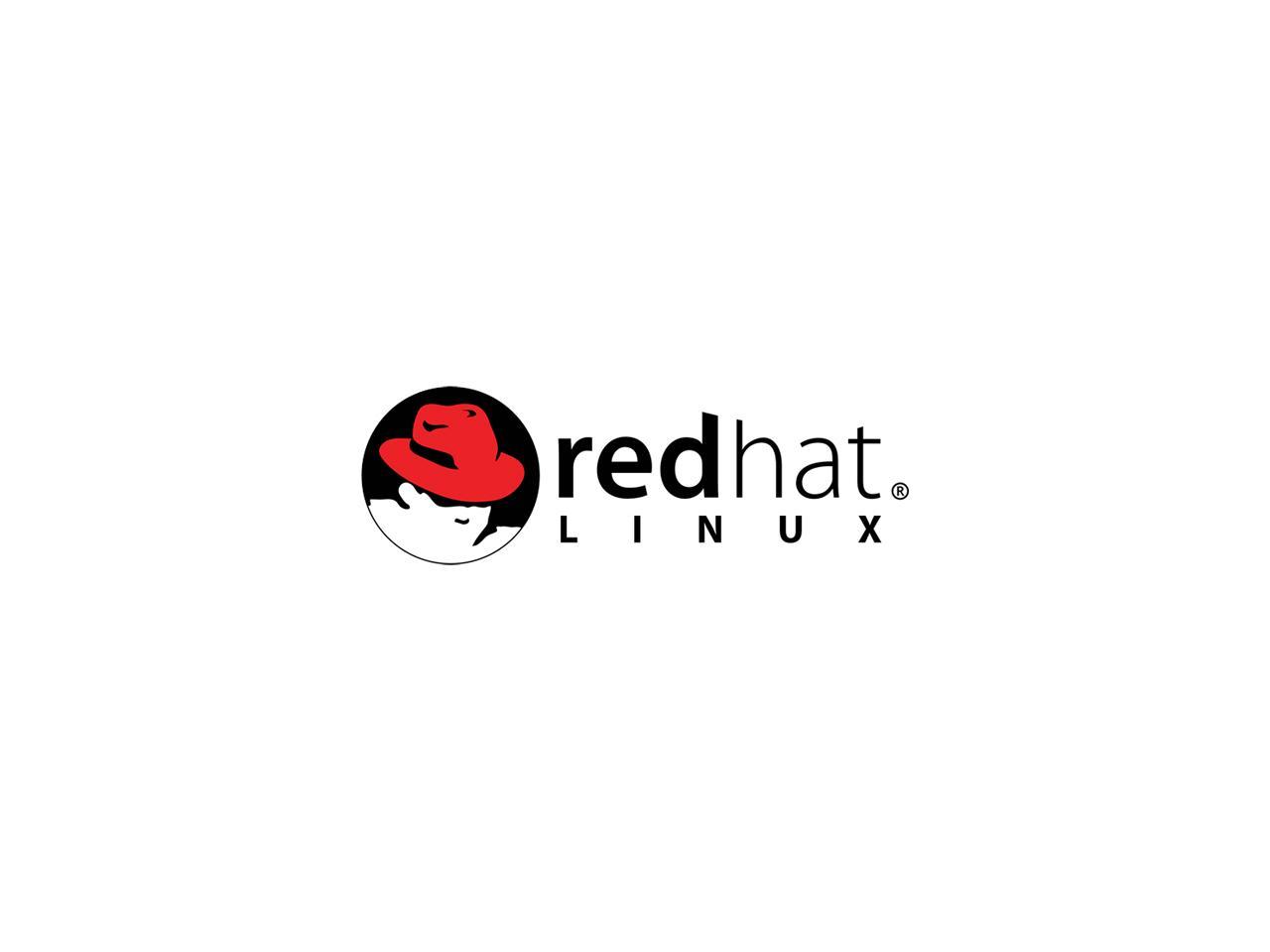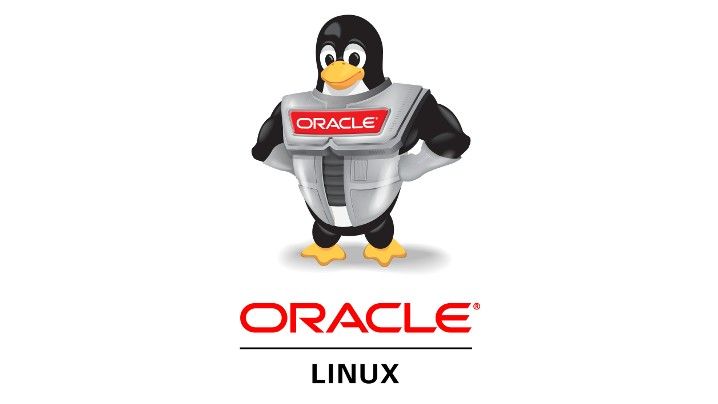A server is a computer designed to manage access to a centralized resource in a network. Due to the nature of how the computing tasks of a server differ from those of a personal computer, operating systems for servers are written with different specificities here and there. One major difference between an operating system for a server and a desktop is the absence of a GUI in the former.
Today's listicle is a compilation of not just reliable Linux operating systems, but the top options available for servers.
1. Mageia
Mageia is a stable, secure, and open-source operating system for desktop and server computers forked from Mandriva Linux (a commercial Linux OS) with the aim of developing a non-profit Linux-based operating system. It ships with DNF for package management.

2. Ubuntu Server
Ubuntu Server is Canonical's version of the Ubuntu operating system prepared to enable users to serve websites, share files, manage containers, and control an incredible cloud presence. It ships with the new Subiquity installer although without any options implemented for encrypted filesystem support, etc. As it is with the desktop version, Ubuntu Server is available in short and long term support versions.

3. Debian
Debian is one of the most popular Linux distributions in the world and it is known for being a reliable operating system on desktops and servers. The latest version for servers is the Debian 10 (Buster) minimal server and it is a lot less bulky than other distro options while offering stability and security.

4. SUSE Linux Enterprise Server
SUSE Linux Enterprise Server is the open-source server version built by the SUSE for physical, cloud-based, and virtual servers based on the latest SUSE Linux Enterprise 15 Service Pack 1. It stands as a modern and open approach to help users to optimize and modernize their multimodal IT infrastructure.

5. ClearOS
ClearOS is an open-source operating system built based on RHEL/CentOS with the aim of creating the industry's first smart server. It is a pride to the partnering organizations, ClearCenter & HPE, as it ships with several features such as the flexibility to customize the OS as needed, a graphical web-based user interface, and an application marketplace with 100+ applications - features that make it automatically stand out among other OS options. for servers.

6. RHEL
RHEL (Red Hat Enterprise Linux) is a Fedora-based open-source distro maintained and distributed by the Red Hat project as a commercial operating system for cloud platforms and enterprise-scale computing. Its products include software for application development, automation, IoT, cloud computing, etc.

7. CentOS
CentOS is a community-driven Linux distro developed based on RHEL to provide both personal users and organizations with an operating system with similar standing to that of Fedora-based Red Hat Enterprise Linux. If you've always wanted to enjoy the features that RHEL has to offer but don't have the resources to fund a subscription then CentOS is the way to go.

8. Fedora Server
Fedora Server is a free and open-source Red Hat-owned Linux distribution developed and maintained by the community-driven Fedora Project. It features a short-life cycle that enables system administrators to make use of the latest technologies in server-relevant applications.

9. Slackware
Slackware is an advanced open-source operating system designed with stability and ease of use as its top goals without compromising flexibility and security. It ships with shell scripts for configuration and administration purposes alongside a bundle of libraries, tools, and editors for users interested in compiling custom server models.

10. Oracle Linux
Oracle Linux is a free and open-source RHEL-based Linux distro recompiled by Oracle for open cloud infrastructure to deliver scalability, security, reliability, and performance for enterprise PaaS and SaaS workloads. If you're used to working with Oracle's line of products then Oracle Linux is a good way to go.

Conclusion
Are you a freelance IT specialist, a network administrator, or a tech-savvy client with the intent of managing a private server? I hope that you find a fitting choice among the operating systems on this list. And as usual, feel free to add your comments, questions, or suggestions in the discussion box below. If you enjoyed this article consider signing up for our newsletter and don't forget to share it with people that would find it useful.

